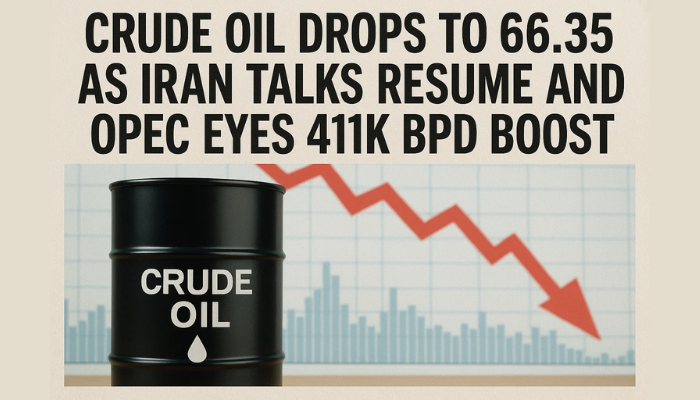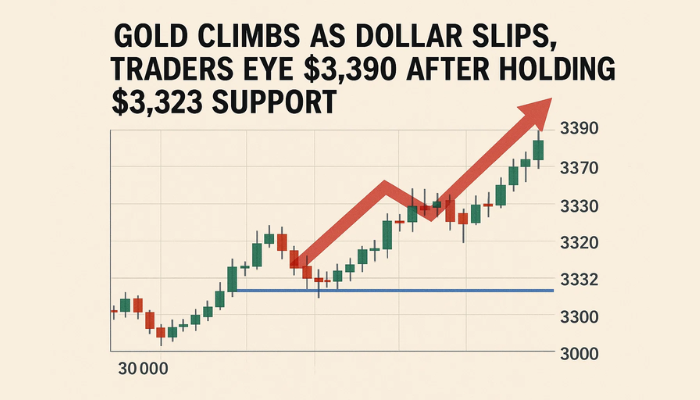What Are the Steps Now for Italy After EU Rejects the Budget and How Will It Affect the Markets?
The EU has rejected Italy's 2019 revised budget, again. What is the path that this problem might take in the next few weeks?

The European Commission has rejected Italy’s revised budget for 2019 and disciplinary procedures are warranted against Italy on excessive debt. EU’s budget commissioner Pierre Moscovici said early this week that Italy’s deviation from deficit rules is very dangerous and must be corrected.
Although, we heard some relaxing comments from Moscovici and Italian politicians towards the end of the week saying that they can reach a consensus, the Italians won’t back down from their 2.4% budget deficit and the pension scheme because they will fail to deliver on their electoral promises and these are two of the main promises, apart from tackling immigration.
Mind you, the official ceiling for the deficit of the EU member countries stands at 3% and Italy is aiming for a 2.4% deficit next year. But despite that, what will follow if no side backs up? Well, the European Commission is supposed to give detailed arguments as to why it has rejected the budget and what is supposed to change in Italy’s 2019 budget.
The commission is trying to launch the EDP (Extensive Debt Procedure) against Italy, as we heard from EU sources this week. This is a sign that the EU is telling Italy that this is the only way forward, otherwise, there will be fines or sanctions.
The EDP procedure forces the Italian government to set up a plan for corrective policies and rules which it must follow strictly. Those rules are very likely to be set out by the European Commission itself. The government should provide deadlines to meet these goals and, if they fail to do so, there are fines or sanctions on EU funds which could be applied for Italy.
Italian Prime Minister Conte and Deputy PM Salvini suggested earlier this week that they can discuss certain voices in the budget draft, such as investments, so there might be a consensus somewhere along the road. But they are standing firm on the 2.4% deficit.
EDPs have occurred before, but this time the Italian politicians haven’t been too kind to EU officials regarding this, which has and could escalate the conflict further. That could push Italy towards an Italexit, even though Italian politicians have tried to deny it as much as possible.
What should we look for in the next two weeks?
The Italian bonds are already on edge, so next week, in particular, we should see if the tensions between Italy and EU officials escalate. If they do, then the spreads between Italian and German bonds will increase. The European Central Bank has repeated a few times recently that there is no risk of contagion, but if spreads widen further, it will increase fears and probably panic the bond market, so the contagion will be inevitable.
That would spark a selloff in the stock markets, both because of fear and because the cash to fund the bond market will have to come from somewhere else. The stock market is the best market to finance the bond market in times of uncertainty.
Now, after the rejection of the budget, the Economic and Financial Committee will review the case in the next two weeks and make a decision. Although, the Finance Ministers of the 27 member countries have to endorse the decision from the Committee. This might prove to be a bit of difficult if Italians persuade a few countries to vote against the decision and right now, there are some cracks in the EU. Hungary, Poland and a few other members might be easy targets to be persuaded by Italy.
If the European Commission manages to force the EDP procedure against Italy and it is too harsh or the Italians just don’t accept it, then we might see Italian politicians call for a referendum on that in Italy, which would be a referendum on the Euro itself. The call for a referendum would be disastrous for the Euro since it would really the first step towards the breakout of the EU.
The panic would be enormous, the stock markets would crash and the Euro would tumble big time. But, nothing is certain at this moment, so we have to follow how the situation regarding this issue develops in the next couple of weeks.
- Check out our free forex signals
- Follow the top economic events on FX Leaders economic calendar
- Trade better, discover more Forex Trading Strategies
- Open a FREE Trading Account


